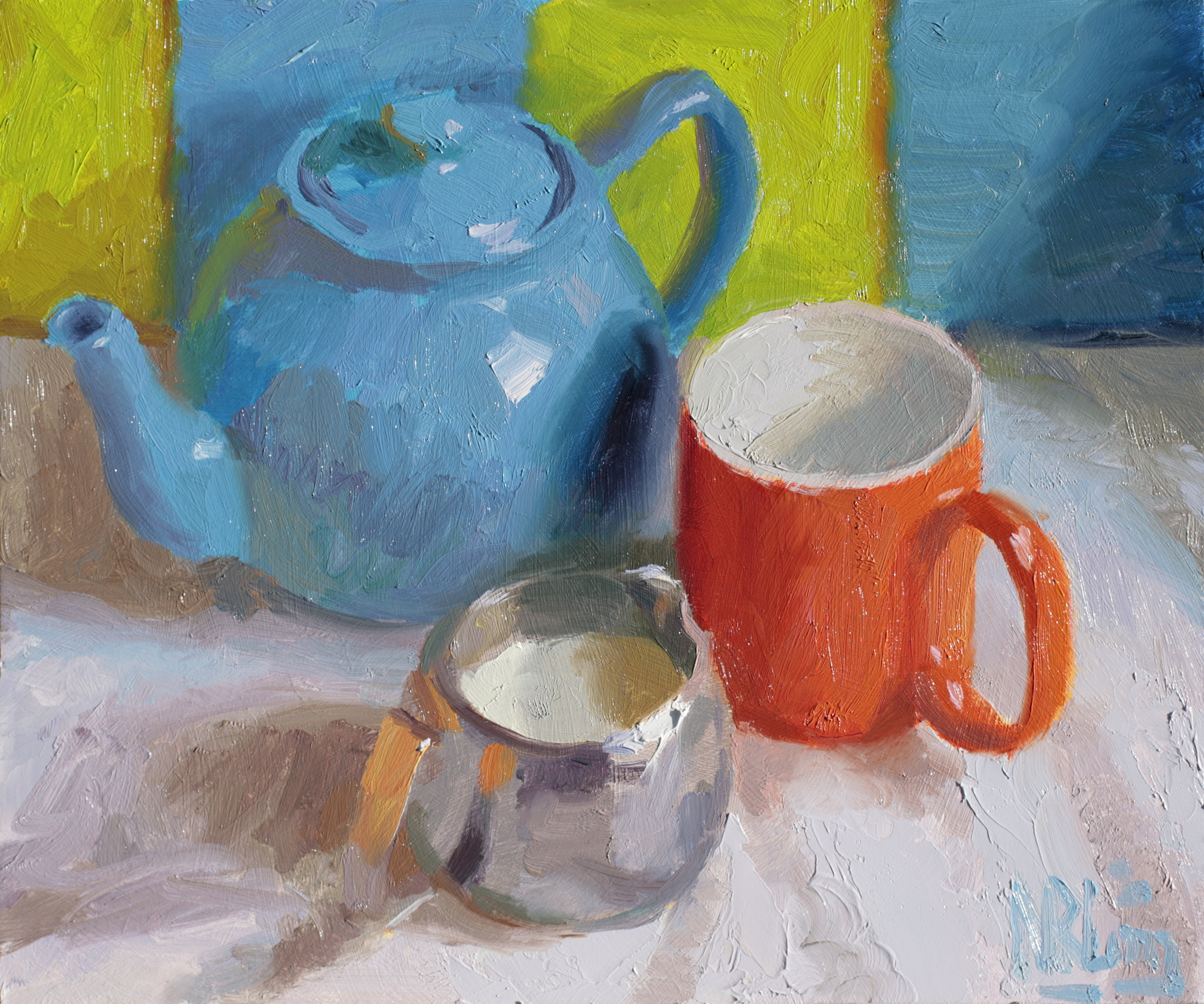According to writer Deborah McAndrew, her brief for this show from Northern Broadsides’s Barrie Rutter went something like “I want a play for the First World War Centenary in 2014, I want it to be called An August Bank Holiday Lark, and I want it to be about folk dancing”. All relatively easily deliverable, you might well imagine, with the glaring exception of that final demand.
McAndrew’s solution came with her discovery of the North West Rushcart tradition, an August Festival which, certainly in 1914, found its participants physically somewhere “between the urban sprawl of Lancastrian ‘Cottonopolis’ and the wild Pennine moors” as well as, spiritually and morally, somewhere between the modern industrial state and a deeper rural tradition. That delicate balance was about to be rent asunder by the murderous chaos of the First World War, of course.
In the interest of full disclosure, let me say that I myself now live in a Saddleworth village where one of the great local events (along with this weekend’s Brass Band competition) is the Rushcart Festival, revived in the 70s by Saddleworth Morris Men. I love it dearly, in a way that I suppose only a ‘comer-in’ can, and, as a result, found the first half of An August Bank Holiday Lark very poignant indeed, especially as the dark shadow of the First World War looms in the background, dreading the tragedy and tears that you can’t help fearing for the second half.
 Taking its title from the Philip Larkin poem MCMXIV, which describes newly enlisted soldiers ‘grinning as if it were all/ An August Bank Holiday lark’, it’s set in the village of ‘Greenmill’ where the local cotton mill is the principal employer and anticipating the annual Rushcart Festival, apparently the principal entertainment. At least it always had been that way, before the newfangled Wakes Week trip to Blackpool and, more disturbingly, the recruiting drive to sign up to fight for King and Country started taking the young men out of the village, promising them something beyond the hills where they’ve grown up and, hitherto, would have expected to die. “This war, it’s got ideas in it,” one of them, heartbreakingly, enthuses.
Taking its title from the Philip Larkin poem MCMXIV, which describes newly enlisted soldiers ‘grinning as if it were all/ An August Bank Holiday lark’, it’s set in the village of ‘Greenmill’ where the local cotton mill is the principal employer and anticipating the annual Rushcart Festival, apparently the principal entertainment. At least it always had been that way, before the newfangled Wakes Week trip to Blackpool and, more disturbingly, the recruiting drive to sign up to fight for King and Country started taking the young men out of the village, promising them something beyond the hills where they’ve grown up and, hitherto, would have expected to die. “This war, it’s got ideas in it,” one of them, heartbreakingly, enthuses.
Now the Rushcart ‘Squire’ John Farrar (Barrie Rutter) has trouble finding enough fit young men to make up a Morris dancing side, although his two sons Edward (Jack Quarton) and William (Ben Burman) remain eager participants. They’re enthusiastic enough but nowhere near as skilled in dancing as their neighbour Frank (Darren Kuppan) who also happens to be secretly courting their sister Mary (Emily Butterfield). Frank’s mother Alice (Elizabeth Eves), meanwhile, is on less than cordial terms with the bumptious widower Farrar, rather to the amusement of other villagers including ‘Bagman’ Jim Haworth (Andrew Whitehead), mill girl Susie Hughes (Lauryn Redding), schoolteacher Edie Stapleton (Sophia Hatfield) and Edie’s granddad (Russell Richardson). Just about the only one of them all, apart from Farrar himself, who doesn’t know about Frank and Mary’s relationship is the slightly-simple Herbert Tweddle (Mark Thomas), but, inevitably, there are fateful consequences when the Squire finds out.
The heart and soul of the piece lies in the music and dancing, which is both a celebration of the villager’s way of life and, later, a poignant reminder of what has been lost.
“We wanted to find a subject that could be uplifting as well as tragic,” observes the ensemble’s long-time musical director Conrad Nelson. That aim is well-served by an ensemble who slip as easily from playing, dancing and singing as they do from comedy to tragedy. It would be a hard heart indeed which was not moved by this powerful play’s tragic final scenes, especially when so much of what has come before is so visceral and celebratory.
* An August Bank Holiday Lark is at Oldham Coliseum until June 14, 2014 (www.coliseum.org.uk)
* Saddleworth Rushcart Festival celebrates its 40th Birthday over the weekend of August 22-24, 2014












